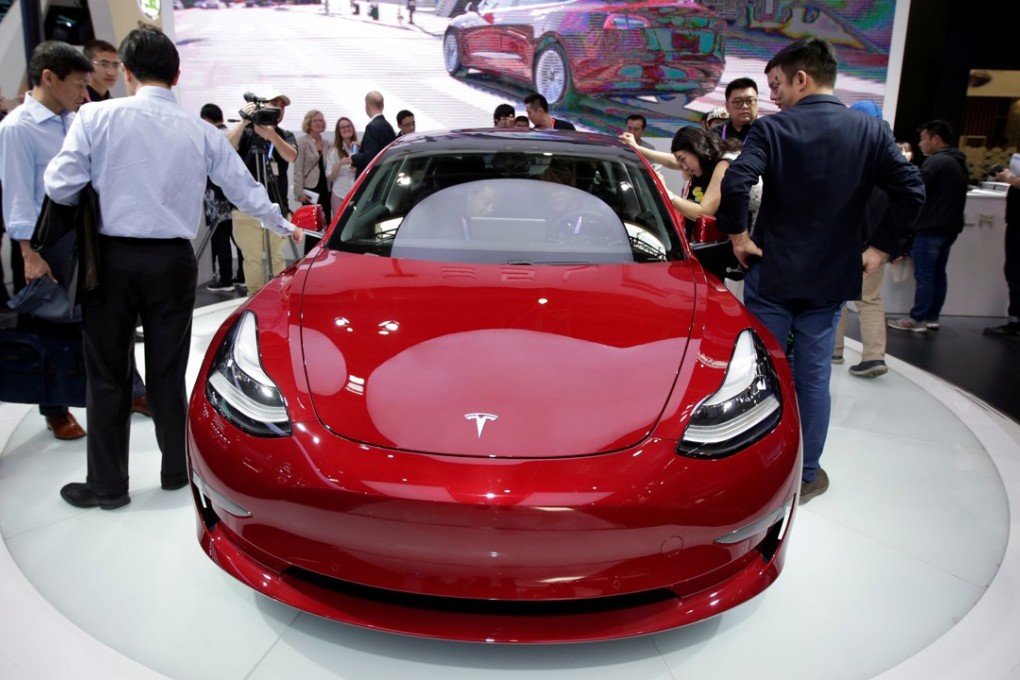China rolling back tariffs on US car imports for three months, in likely boon to American carmaker Tesla as Trump-Xi talks bear fruit
- Beijing temporarily suspends a 25 per cent tariff on 144 cars and auto parts and a 5 per cent tariff on 67 other auto parts
- This is the latest sign that negotiations to defuse the trade war are bearing fruit

China will temporarily roll back tariffs on US car imports, Beijing announced on Friday in its first concrete concession to the US since Chinese President Xi Jinping and his American counterpart Donald Trump agreed to a 90-day trade war truce in Buenos Aires on December 1.
An additional 25 per cent in tariffs that had been placed on American-made cars and auto parts will be suspended, although the original 15 per cent will remain. This affects 144 products including hybrid cars and diesel-engine trucks.
A 5 per cent tariff that had started being collected on 67 other auto parts will also be suspended for three months, the tariff committee of the State Council said.
A statement by the Chinese government said that the move implements the consensus reached by Xi and Trump at their Buenos Aires working dinner.
After the high-stakes dinner on the sidelines of the G20 summit, Beijing and Washington issued separate statements about the agreements. Beijing said the US had agreed to halt additional tariffs and that the two countries will talk to undo all additional tariffs, without mentioning concessions China had agreed to make.